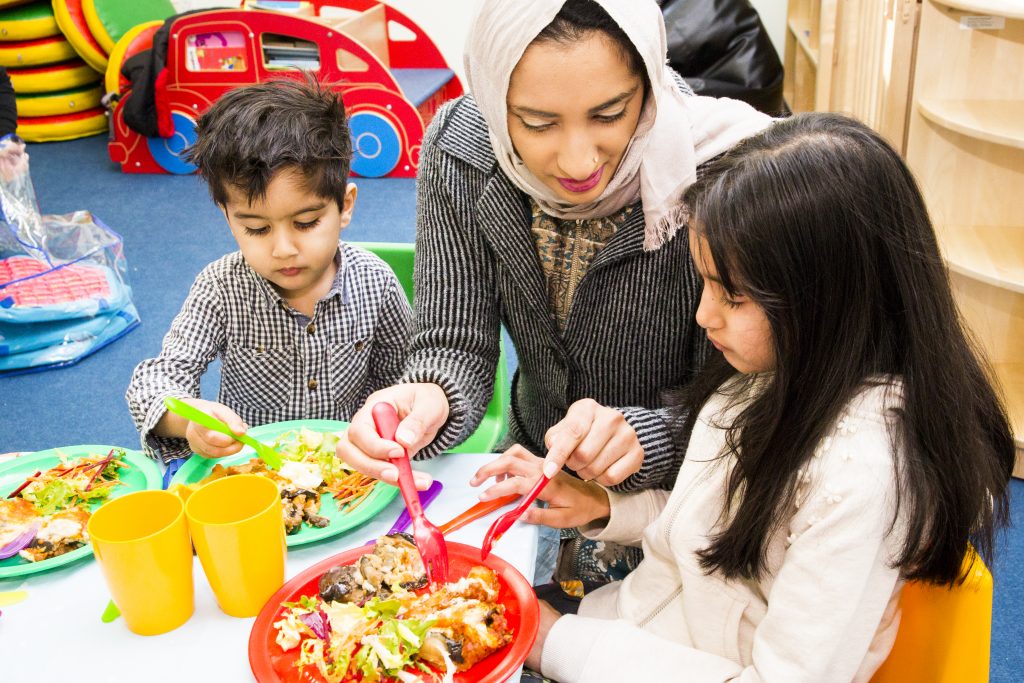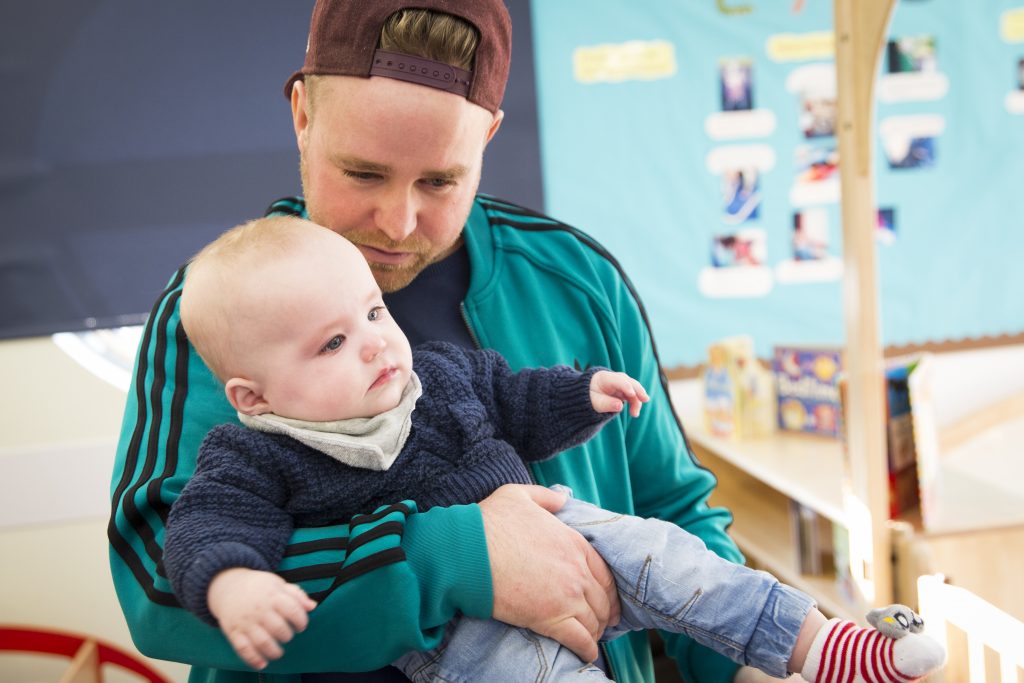
New research, which we launch today, paints a picture of far too many young families struggling.
Parents with children under the age of 18 are increasingly anxious, according to Spurgeons’ Parent Report, and many feel that there is little support available.
The research shows half of parents worry their children have low self-esteem or are unhappy (46%) or are being bullied (46%)*; whilst 42% of parents think there is little to no support available from statutory, community or voluntary services to help with family challenges.
And it is many of the most vulnerable who are struggling the most. The ones who cannot or do not have a strong, stable and supportive network of family and friends to turn to. These are the families we work with, day in, day out – their children are among the 4 million living in poverty in the UK today. They are the families for whom support seems very distant and hard to attain just when their needs seem to be increasing.
What’s important is that families get the support they need when they need it. And that’s where charities like ours come in. Spurgeons Children’s Charity is driven by its mission to improve the lives of families and children who are struggling to cope; and to see every child given the chance of a hope filled future.
It is 150 years since we were first founded, but we still work at the heart of communities to improve the life chances of some of the most vulnerable children and families in England. Our focus is supporting families who struggle to support themselves through intervention and help that centres on the child.
The reality is, despite the immense wealth and opportunities for social mobility, life for some families is as tough today as it was when we were first established. Inequality today may look different; we may know more about causes and solutions; we may spend more time talking and writing about it; but it is still an enduring social and economic scar on our society.
We offer a range of different services across the country. For example, our 23 children’s centres support parents with young children to access the help they need, ensuring poverty and deprivation don’t become barriers to a better future. We work with local partners in communities with high levels of deprivation across the UK, supporting parents and their children from pre-natal stage up to the age of five.
When parents need to develop new strategies for dealing with issues; or they feel they maybe aren’t coping as well as they could, our support worker teams are there. Sometimes just to listen; but often to provide practical support and advice too. There are a range of parenting courses; opportunities to stay and play and a chance to meet and talk with other parents.
The chance to access peer to peer support can be invaluable and a life line for many parents who often feel alone. This is true for both mums and dads and we’re keen to recognise the important roles fathers play in their children’s lives. Our Saturdads project, which started in 2009 and worked with 89 dads last year alone, helps fathers develop stronger, positive relationships; build peer support networks; and generally build their confidence as a parent. Too often public funded services are portrayed as places of dependency when the reality is a timely intervention can be the route to flourishing, maturity and development for parents and children.

The Parent Report we publish today gives us an opportunity to compare the views of the wider parent population to our own insight. From parent feedback at our services, through to safeguarding reporting, we are able to draw out comparisons and identity some common themes. What we do know from the work taking place is that it’s not always easy for families to reach out.
All too often, parents are afraid to engage. For whatever reason, whether its concern over how they will be perceived, or feeling like they have somehow failed, we’re often the last place they turn. It’s not uncommon for us to be told by parents that they wished they’d reached out sooner. But the question we need to ask is ‘why aren’t they?’
We need our services, and those offered by others like us – from government, charities, schools and GPs – to be recognised as the safe and reassuring places we believe them to be. Where parents can take their children and be free from judgement at a time in their life when they need it most.
It’s only fair that we all accept some responsibility with this – if parents don’t feel that they can access the support available, what can we do differently to help them on their way? More awareness maybe; more accessibility for the isolated and hard to reach groups most definitely; but maybe it’s more than that.
In a world where they are so many expectations and pressures, living up to a perfect ideal can make a tough job even harder. From our part, we want to ensure there is always someone there to support families – especially those in greatest need – with good information, advice and meaningful support.
About the research
All figures, unless otherwise stated, are from YouGov Plc. Total sample size was 1,842 GB parents with children under 18 years of age. Fieldwork was undertaken between 21st – 27 April 2017. The survey was carried out online. The figures have been weighted and are representative of all GB adults (aged 18+).
* When asked about the three issues they are most concerned about for their children, either now or in the future.
